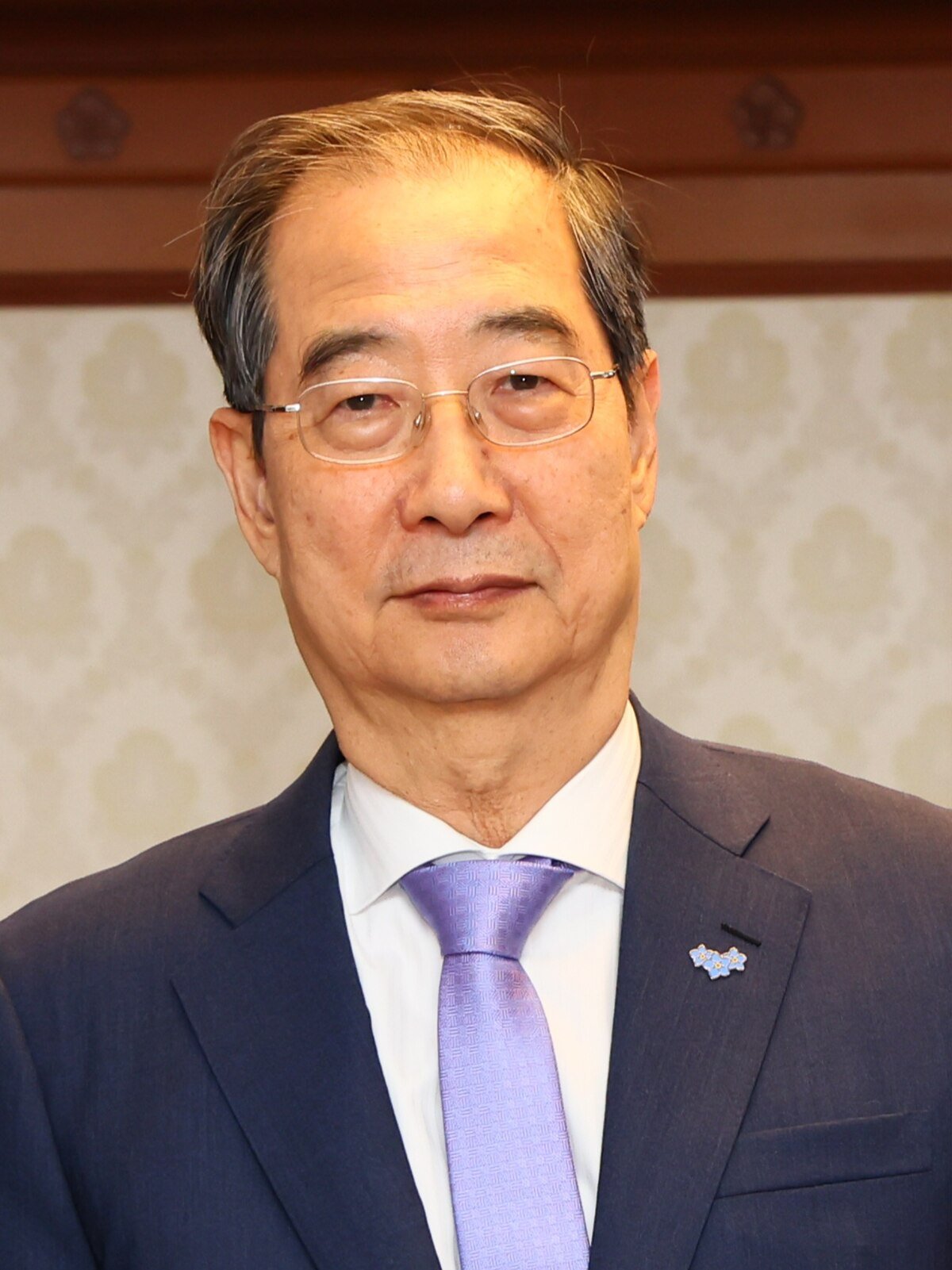
A labor union of Samsung Electronics staged a rally near the vacant home of the company’s Executive Chairman Lee Jae-yong Thursday, a day after its wage negotiations with management derailed.
The National Samsung Electronics Union (NSEU) stressed its commitment to extending the ongoing strike and drumming up the cause of its protests. The actions, however, are facing growing questions over sustainability, as the NSEU’s negotiating rights as the representative of five labor unions in the company will expire next week, meaning other unions can throw challenges.
During the rally, the union demanded the chairman’s “responsibility and commitment to addressing the labor dispute.”
Lee is now in Europe to meet global business leaders on the occasion of the Paris Olympics.
“The chairman had promised to end the company’s no-union policy four years ago, but the management is showing a completely different stance by not properly addressing the union’s demands,” the union said.
“He needs to take responsibility and clarify his position.”

NSEU members began their strikes on July 8, demanding wage hikes and improvements to the incentive system. From Monday to Wednesday, the union held final negotiations with the management, but their talks ended without an agreement.
Though the walkout was extended four weeks, Samsung Electronics said during its earnings call Wednesday that it did not cause serious setbacks in its chip production. Most NSEU members are employees at the company’s semiconductor division.
Later on Thursday, the union told its members to return to work by Aug. 5 and participate in “guerilla strikes” in case of further notice, in a bid to extend its strikes “more sustainably.” It also said it will cooperate with civic groups, academia and even politicians to make its action into a social issue.
However, uncertainty is growing about the sustainability of the NSEU’s plan.
The country’s trade union enforcement decree stipulates that a representative bargaining trade union will lose its status when it fails to conclude a collective agreement after one year from the date it gained the status. In this case, any trade union may request the employer to bargain.
The NSEU gained its status on Aug. 4 last year, meaning four other Samsung Electronics unions can challenge the NSEU’s representative status, and the NSEU has to regain the trust of the others to maintain its status.
The NSEU said three of the four unions are not demanding representative status.
Not among the three, Samsung Electronics Labor Union Companion issued a statement last week and criticized the NSEU’s strike, saying it “will not bring reasonable consequences.”






